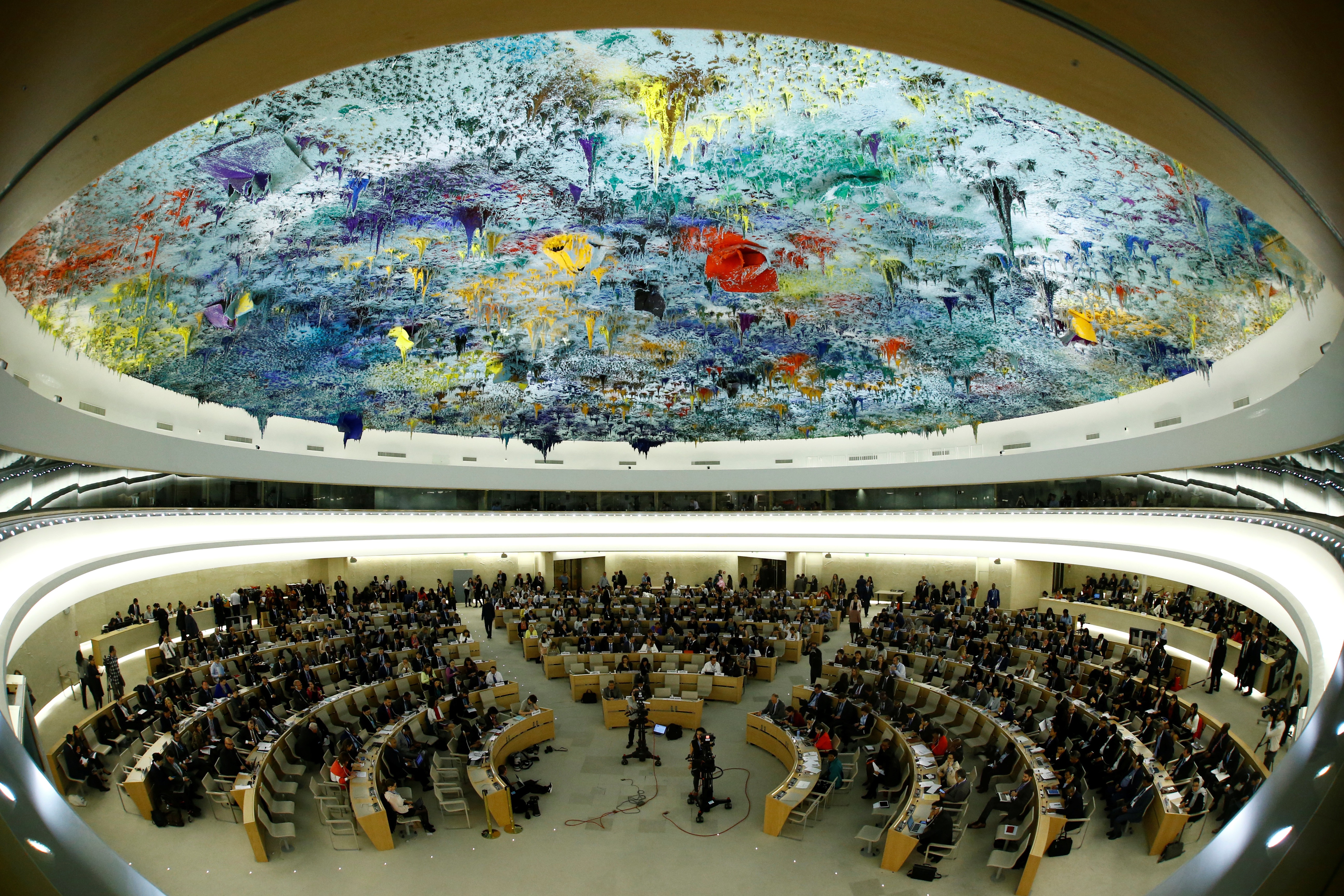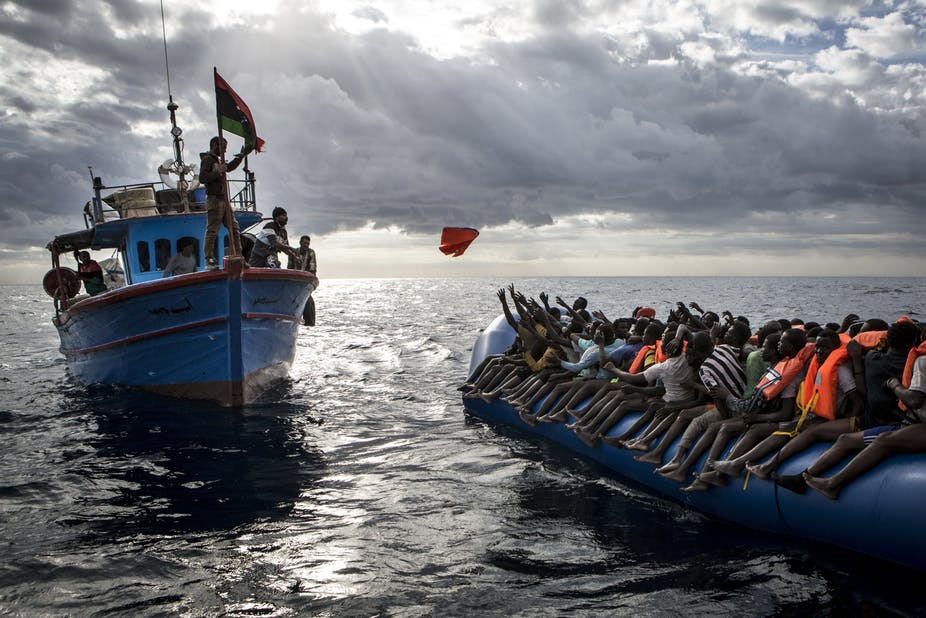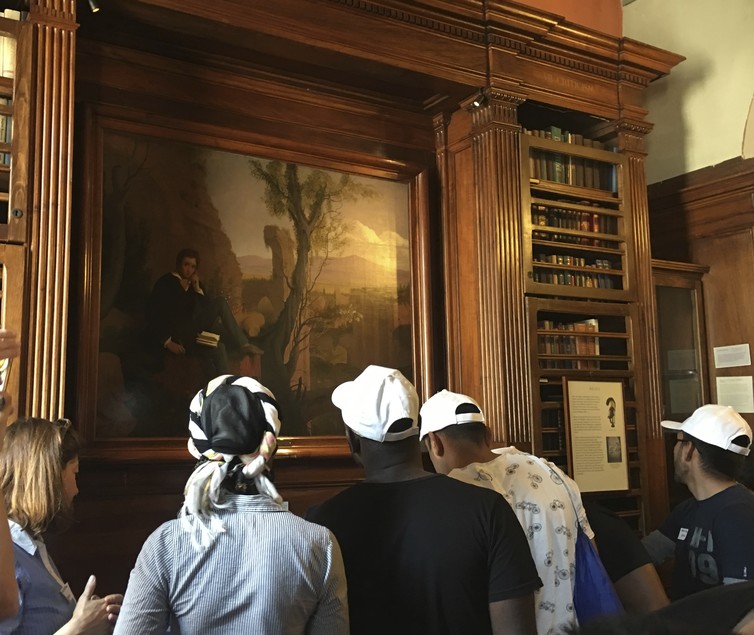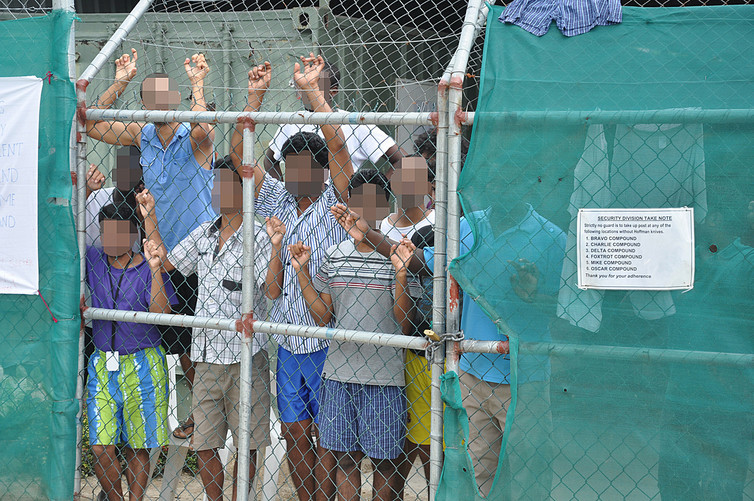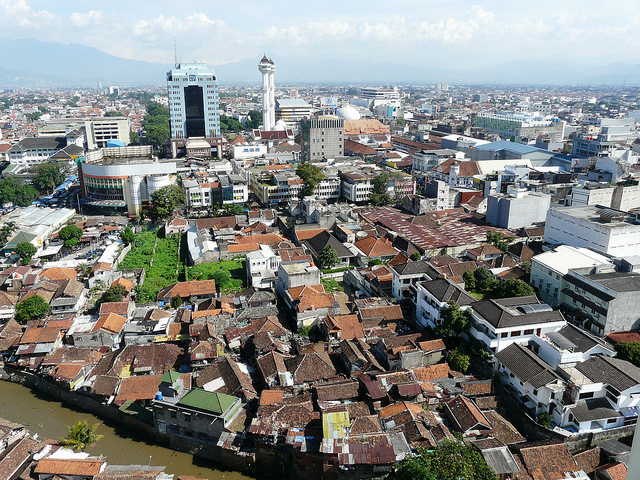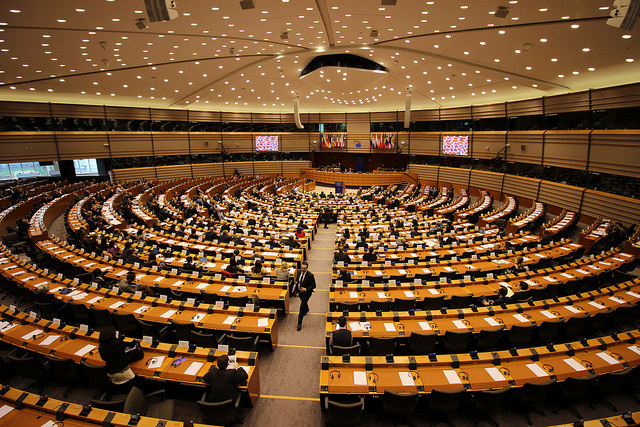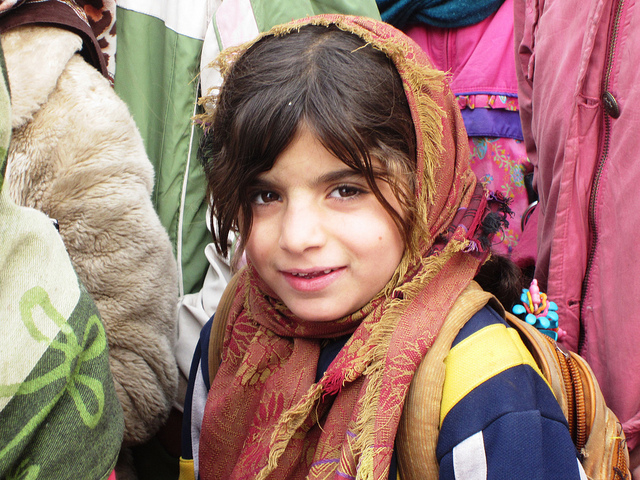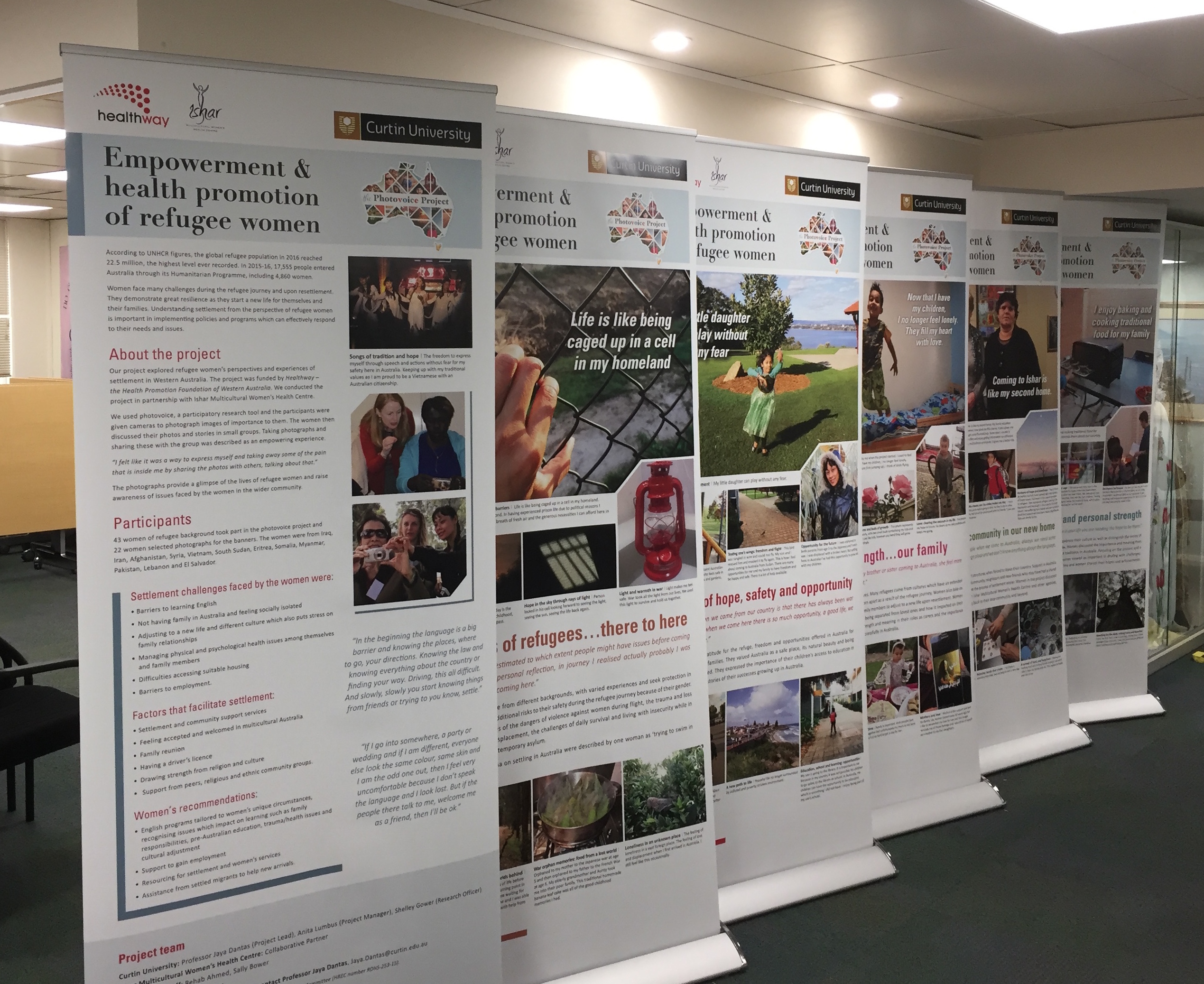17
Oct
Australia’s Human Rights Council election comes with a challenge to improve its domestic record
Australia has been elected to a seat on the United Nations Human Rights Council. It will serve on the council from 2018 to 2020. The announcement overnight formalised an assumed result: Australia and Spain were the only two countries seeking election to the two available seats for the Western Europe and Others group. Most of... Read More
16
Oct
Processing centres in North Africa are not the answer for EU refugees
Last month, French President Emmanuel Macron invited his counterparts from Libya, Niger, Chad, Italy, Germany and Spain to Paris to discuss ways of stopping the flow of irregular migrants and refugees through transit countries. The leaders explored the possibility of establishing processing facilities in North Africa to identify refugees and turn back anyone who does... Read More
13
Oct
Courageous Quests: Keats, art and refugees
The great sensualist Romantic poet John Keats arrived in Rome in late 1820 with his friend, painter Joseph Severn. This was not to be a grand tour of Italy in the typical sense. Fortune did not smile on Keats’s lungs or his bank balance; one year later he was dead. Passionate letters from sweetheart Fanny... Read More
6
Oct
High Court challenge to offshore immigration detention power fails
In August, the High Court rejected a claim that the Australian government can only exercise its powers outside Australia for purposes that would be legal under the law of the relevant foreign country. This means the Australian government had and has the power to establish and maintain its offshore immigration detention facility in Papua New... Read More
13
Sep
Indonesian cities and regencies may be asked to shelter refugees – will they comply?
A presidential decree on refugees released last December finally acknowledges asylum seekers and refugees for what they are – people in need of protection. Prior to this, Indonesia categorised foreigners arriving in Indonesia seeking protection from wars or persecution in their home countries as “irregular” or even “illegal immigrants”, obstructing their search for effective protection.... Read More
11
Sep
RESEARCHERS FOR ASYLUM SEEKERS INTERDISCIPLINARY POSTGRADUATE CONFERENCE
THURSDAY 16 NOVEMBER 2017 – THE UNIVERSITY OF MELBOURNE CALL FOR PAPERS Conference Spotlight: Forced Migration and Human Rights The conference is intended to accommodate postgraduate researchers – past and present – as well as practitioners and policy makers/advisors working in the field. Proposals concerning this year’s conference spotlight on forced migration and human... Read More
5
Sep
The Dublin IV Recast: A Missed Opportunity
On 4 May 2016, the European Commission submitted a proposal for a recast of the Dublin system[1]. This proposal formed a part of the European Commission’s broader political agenda to fundamentally reform the Common European Asylum System. According to the European Commission’s April 2016 policy plan, the 2015 refugee crisis had exposed the ‘structural weaknesses... Read More
22
Aug
Protective factors for social-emotional well-being in refugee children in Australia
Considering the global movement of refugee populations, it is important for us as a host nations to understand what can improve the lives and health of those we accept as refugees in Australia. We recently completed an unique longitudinal study following up 61 refugee children (<15 years) recruited between 2010 and 2014, at 13 and... Read More
16
Aug
Exploring refugee women’s settlement experiences in Australia through photovoice
Research exploring issues faced on resettlement from a gender perspective is relatively recent and a growing area of inquiry [1, 2]. For refugee women, key issues include psychosocial wellbeing and mental health, linked to stressors including isolation, loss of social support networks upon migration, racism and discrimination and low socioeconomic status [1]. More often, women’s... Read More
9
Aug
Has the EU really solved its refugee crisis?
Less than two years after the European Union was confronted with an unprecedented influx of refugees, during which over a million people from Syria, Iraq, Afghanistan and beyond flooded Europe’s borders, EU officials are saying that the migrant crisis is under control. For this, the EU credits its March 2016 agreement with Turkey, which was... Read More
